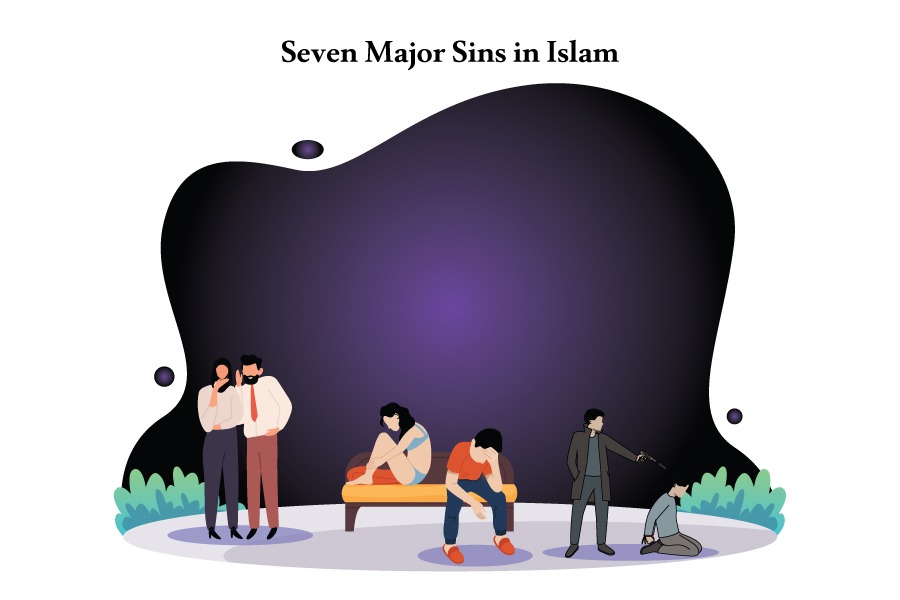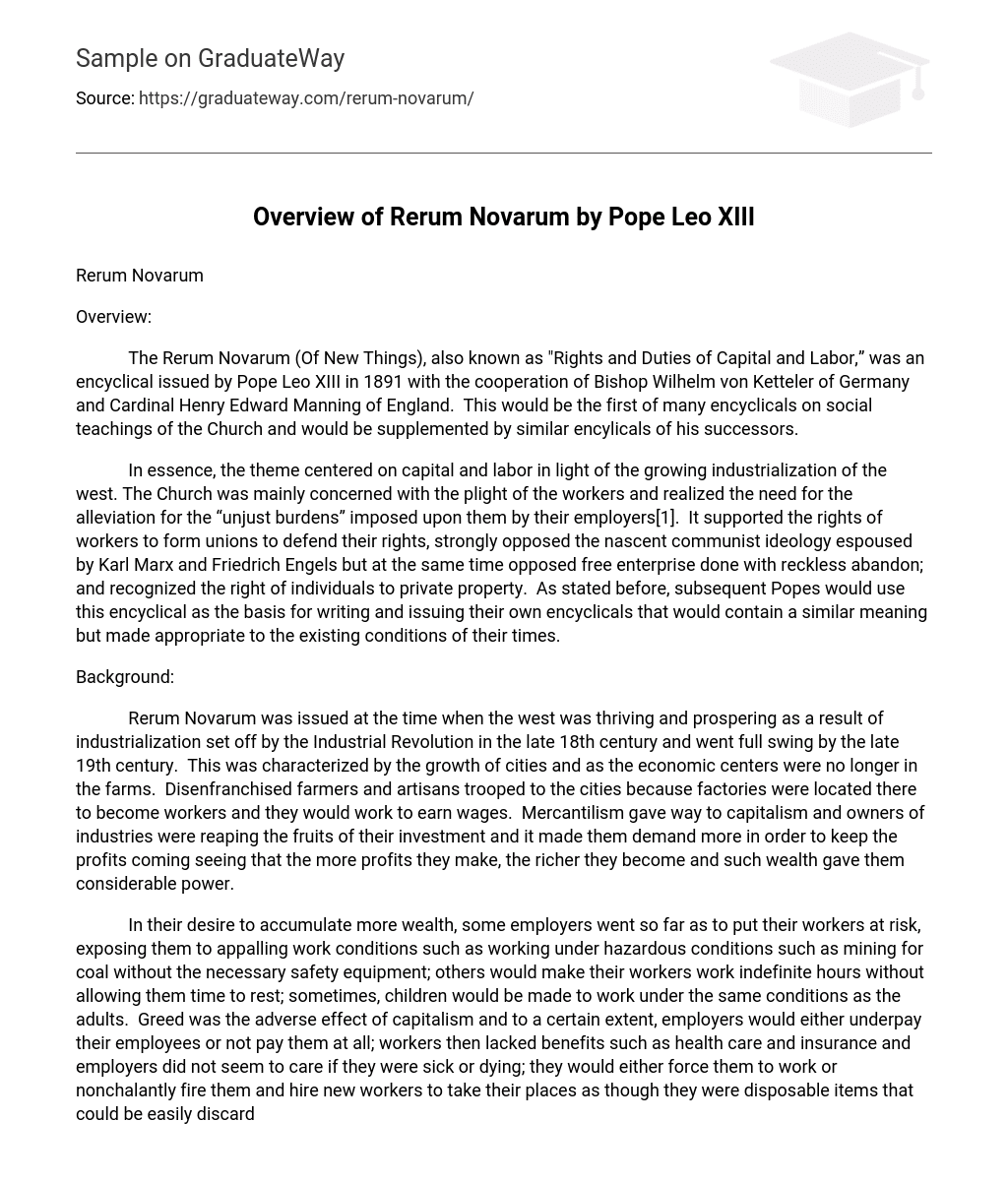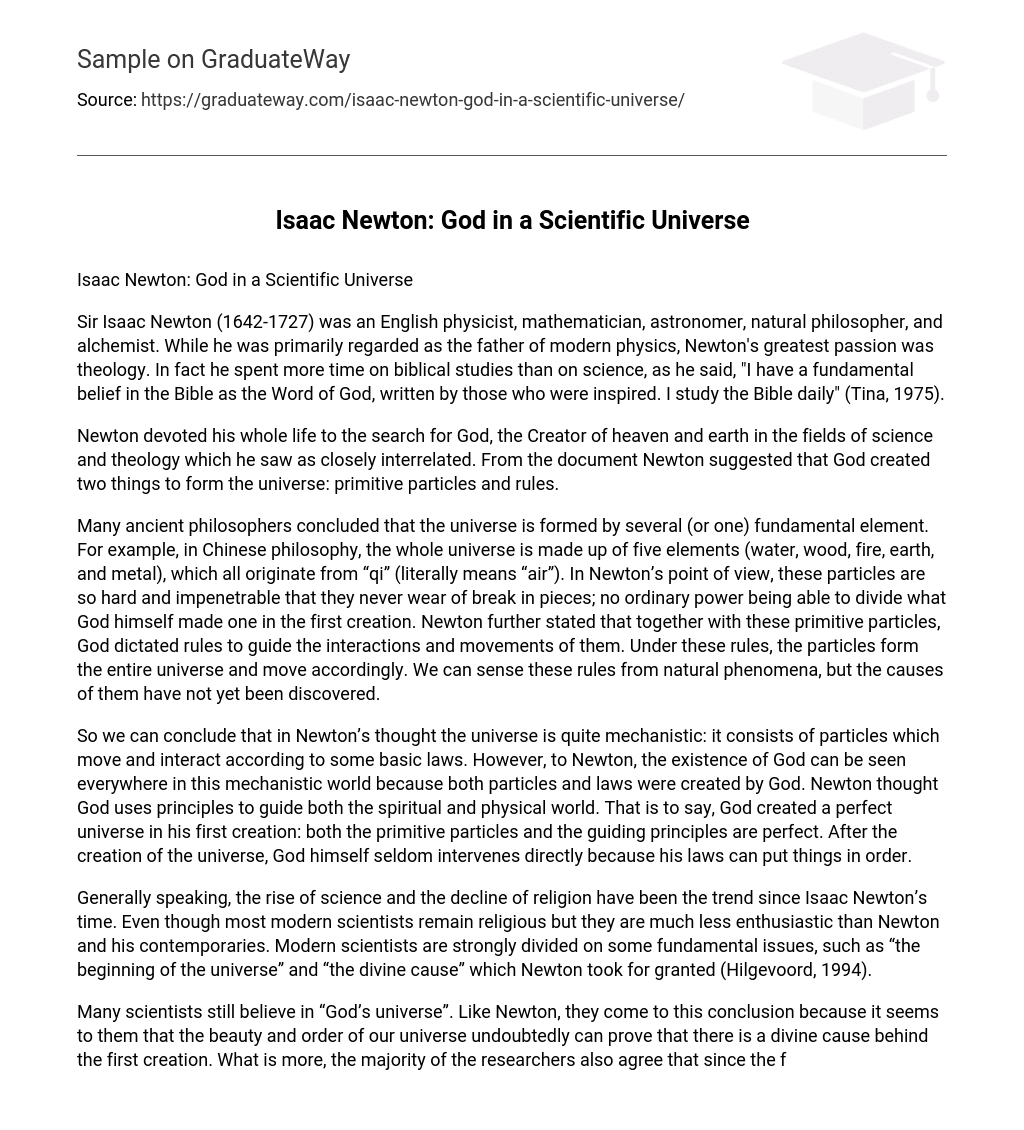
The 7 Expensive Sins of Unapproachable Leaders The Fog of Fear Approachable Leadership
Hadith: The five (daily) prayers, Friday prayer to the next Friday prayer, and Ramadan to the next Ramadan, are expiation of the sins committed in between them, so long as major sins are avoided. Hadith: It is unlawful for a Muslim to desert his fellow Muslim for more than three nights. As they meet, both of them turn their backs on each other.

The 7 Deadly Sins Infographic Face Forward Bible study notes, Bible facts, Bible knowledge
Praise be to Allah. Hadith about major sins in Islam. The Prophet (blessings and peace of Allah be upon him) explained the seven sins that doom a person to Hell i n a sahih hadieth that was narrated by the two Shaykhs, al-Bukhari and Muslim, in as-Sahihayn, in which it was narrated that the Prophet (blessings and peace of Allah be upon him) said: "Avoid the seven sins that doom a person to.

7 DEADLY MAJOR SINS ( in ISLAM ) YOU MUST AVOID! YouTube
In Islam, there are seven major sins known as Al-Kaba'ir or the seven deadly sins that can lead a person to Hellfire if they are not repented from. These sin.

7 Deadly Sins that Allah Dislikes in the light of Quran
3. Killing Someone: The murder of a soul is one of the most serious crimes, but it's a major sin inherently lesser to shirk (the association between others and Allah). It's a major sin such as adultery, fornication, robbery and so on. The person who does so is not an infidel unless he finds it permitted in doing so.

HOTD 302 Muhammad reveals laughable seven deadly sins of Islam. Includes fleeing the
In Islam, sins are defined as any action or behavior that goes against the commandments of Allah and the teachings of Prophet Muhammad (peace be upon him). Muslims believe that committing sins can have negative consequences in both this life and the hereafter and that repentance and seeking forgiveness is an important parts of the Islamic faith.

7 Major Sins Questions on Islam
One of the sayings (Hadith) of the Prophet Mohammad (pbuh) refers to the seven deadly sins in Islam. The Prophet (pbuh) explained the seven sins that doom a person to Hell in a saheeh hadith that was narrated by the two Shaykhs, al-Bukhaari and Muslim, in as-Saheehayn, in which it was narrated that the Prophet (pbuh) said, "Avoid the seven sins.

⇉Overview of Rerum Novarum by Pope Leo XIII Essay Example GraduateWay
70 Major Sins In Islam Definition:. "Avoid the seven heinous sins: Worshipping others with Allah, sorcery, taking a life which Allah has made sacred except in the course of justice, devouring usury, appropriating the property of the orphan, fleeing from the battlefield, and charging believing women, unmindful though innocent, with adultery.

Seven Deadly Sins in Islam Ammar Alshukry AlMaghrib Institute YouTube
So, as the hadith clearly states, the 7 destructive sins are: Shirk (associating anyone or anything in worship with the One and Only Deity) Sehr (practicing magic/sorcery) Killing someone unjustly. Devouring the property of an orphan. Consuming usury. Fleeing from the battlefield. Slandering chaste women who are unaware.

The Seven Deadly Sins Origin Looks Like An Anime Breath Of The Wild Sportsdicted
The Islamic sins refer more to specific undesirable behavior rather than to the general negative characteristics or actions of the cardinal Christian sins. Despite the similar names, the seven main sins in Islam are more comparable to the Ten Commandments rather than the seven deadly sins.

[Hadeeth 1] 7 destructive sins Learn islam, Hadeeth, Sins
The fourth of these seven great destructive sins is eating usury: We do not mean just eating; rather we mean all the kinds of dealing with usury whether it is eating, drinking, clothing or anything else. We refer to eating because it is the most common reason for dealing with usury. Dear kind brother, usury is one of the gravest sins, because.

10 Biggest Sins in Islam Part 2 YouTube
Magic. These are the details of 7 biggest sins in Islam and its authentication from the Holy Quran; 1. Polytheism (Shirk) Polytheism or shirk refers to a partner to Allah (SWT) in worship, Leadership, or His attributes or name. It also appears among one of the destructive sins, as told by Allah SWT in the Holy Quran; 2.

Seven Deadly Sins Logo Wallpapers Wallpaper Cave
Allah Most High says: {Surely, Allah does not forgive associating anything with Him, and He forgives whatever is other than that to whomever He wills} (An-Nisaa' 4: 48) Hence, the major sins are: 1. Associating anything with Allah. 2. Murder. 3. Practicing magic.

15 MAJOR SINS IN ISLAM
Abu Huraira reported: The Prophet, peace and blessings be upon him, said, "Stay away from seven mortal sins." They said, "O Messenger of Allah, what are they?" The Prophet said, "Idolatry with Allah, occult magic, killing a soul that Allah has sanctified except for a just cause, consuming usury, usurping the property of an orphan, fleeing the battlefield, and accusing chaste but.

7 Destructive Sins in IslamQuranic Verses About Major Sins Islamic Articles
The seven major and destructive sins are mentioned below that we all should know about in order to avoid them: Shirk (Polytheism): Shirk or polytheism means referring a partner of Allah (SWT) in Lordship, worship or in His names and attributes. Shirk is one of the destructive sins that Allah Almighty mentioned in the Holy Quran: "Verily.

Seven Deadly Sins Bible facts, Bible knowledge, Catholic quotes
The seven deadly sins are not exclusive to Islam but are recognized in various forms by different religions and spiritual traditions. Christianity, in particular, has explored these sins extensively. While the specific sins might vary, the overall message of discouraging moral corruption and promoting virtuous behavior is a common theme across.

⇉Isaac Newton God in a Scientific Universe Essay Example GraduateWay
In conclusion, the seven deadly sins in Islam are considered primary because they are seen as significant violations of Allah's commandments. These sins can harm individuals and society as a whole, leading to negative consequences both in this world and in the hereafter. Muslims are encouraged to avoid these sins and strive to live a good.